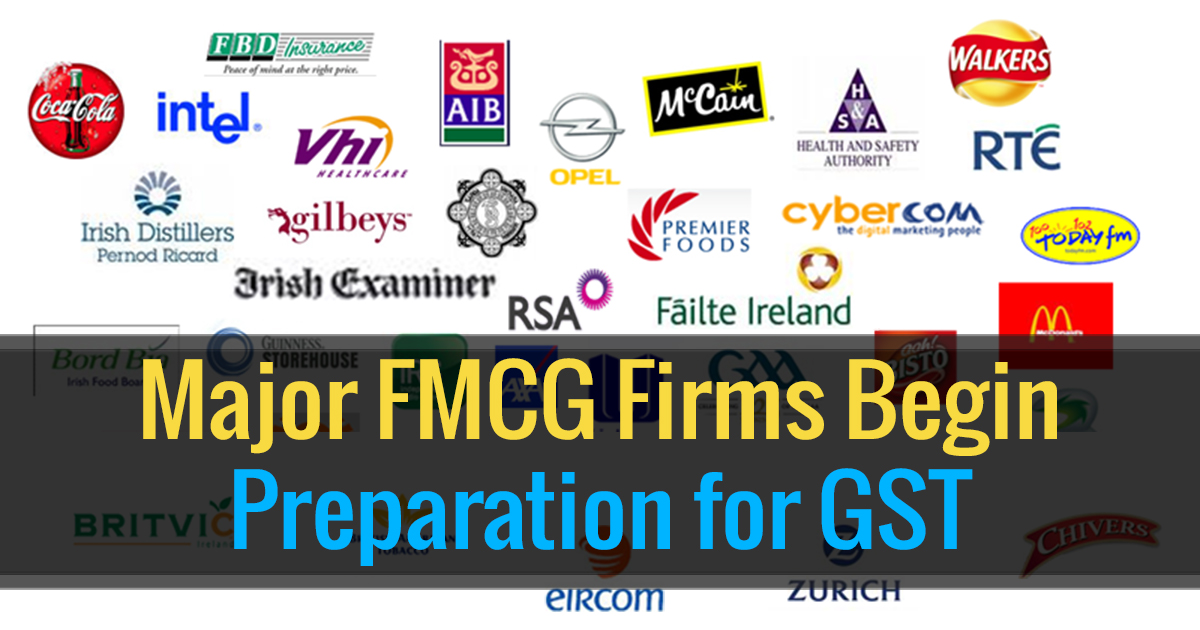
The consumer products manufacturing companies have started preparing their business model before the implementation of the GST. These companies have started remodeling the structure of their warehousing systems, IT infrastructure and supply chains ahead of the goods and services tax roll-out.
Now, the major FMCG players such as Dabur, Hindustan Unilever, Kellogg’s and PepsiCo have revamped their business model so that it could be easy to go through a seamless interstate transaction of goods under the GST regime, which is due to rollout in April 2017.
In the current taxation structure, the companies need a warehousing facility in different states in order to provide their services locally but in the GST law, all states will be following uniform tax system and the need for too many warehouses will decrease. The companies are switching to larger warehouse hubs instead to building small hubs across the country.
Read Also: GST Forms: Return Filing, Rule, Registration, Challan, Refund, Invoice
Niteen Pradhan, vice president for supply chain at PepsiCo India, says, “The big unlock will be the warehouse consolidation since that will shift from a distributed, state-driven model to consolidated large warehouses and the investments in IT and modernization will enable this and will also bring in global best practices to the warehousing industry in India.”
Parag Aggarwal, cofounder of logistics solutions provider Gobolt, says, “The implementation of GST will shift the focus of FMCG companies towards more efficient transportation systems with better transit times. This would facilitate reduction in inventory levels and hence the associated costs while allowing flexible demand fulfilment strategies.” Gobolt manages the logistics department of big FMCG companies including Panasonic and PepsiCo.
Kellogg India has appointed a special task force who will look into the short term GST goals and study the whole process of the supply chain. “We had initiated work last year,” said Sangeeta Pendurkar, managing director at Kellogg India.
Meanwhile, India’s top FMCG player Hindustan Unilever (HUL), are engaging domestic vendors in order to make the process more efficient. “As we near the final stretch, we will be working closely with our vendors and customers to ensure that we transition smoothly to GST,” said a company spokesperson. “While there are clear long-term benefits, we expect the transition to be challenging as we are working to very tight timelines and the rules are still being clarified.”